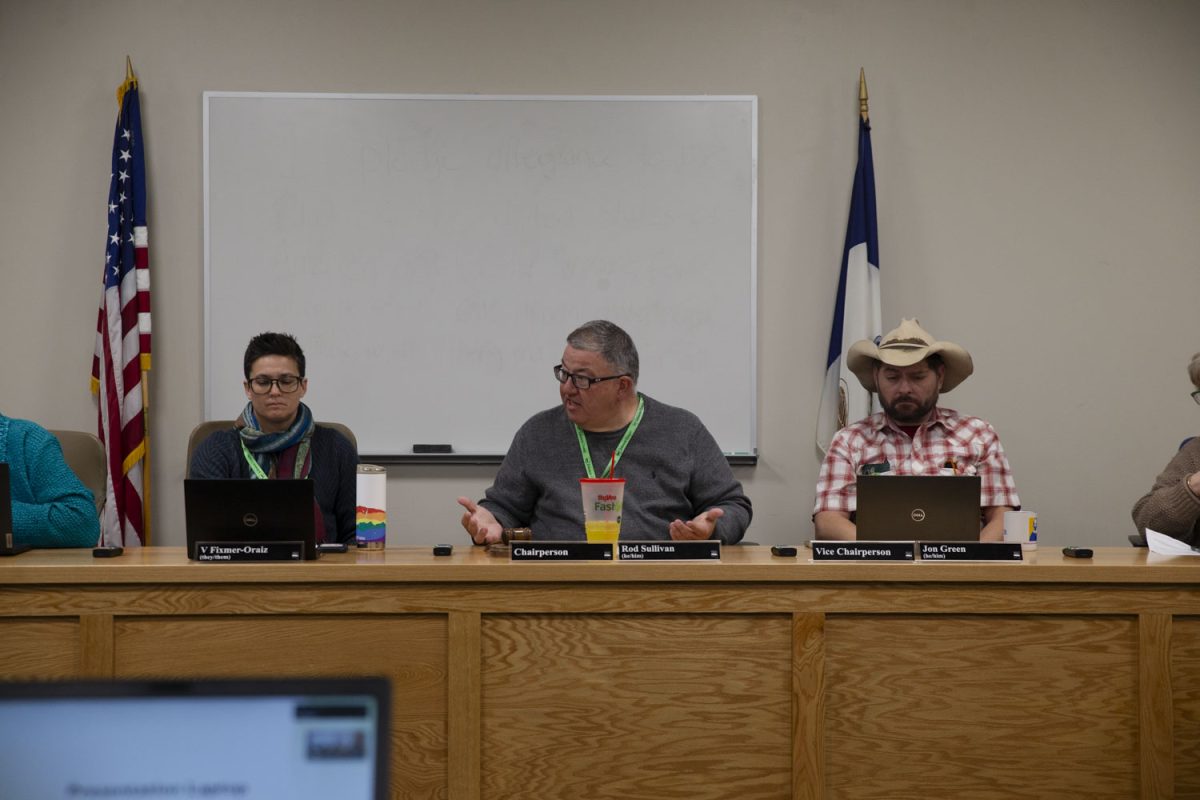A task force assembled to assess graduate programs is already drawing criticism, but those close to the process stress all findings are preliminary.
The Graduate Task Force released the initial evaluations to each university graduate program this week; final recommendations for action won’t be released until the week of Feb. 8. UI officials, including President Sally Mason and Provost Wallace Loh, met Wednesday to discuss the findings.
The task force, which began its evaluation of the UI’s 108 programs in April 2009, originally ranked the programs as exemplary, high quality, good, or weak, and evaluated each program based on retention rate, recruitment issues, and overall strength of education.
After receiving negative feedback from faculty members, the ranking “weak” was changed to “additional evaluation needed,” Graduate College Dean John Keller said.
“There has been considerable concern and angst over the task force,” he said. “That’s to be expected; no one likes to hear criticism.”
Despite this effort to appease frustrated faculty, some find problems with the task force.
“The process has been horrible,” said Professor Catherine Ringen, the head of the UI linguistics department. “Its preliminary report is full of mistakes and inaccuracies.”
Ringen pointed to one she considered inaccurate: The task force reported that the department had only a 40 percent degree-completion rate. While this is a true statement for 1996-2001, the 1993-2003 completion rate is 77 percent, Ringen said. She argues that the task force should have looked at a larger time frame.
“It tried to make it look as though we weren’t producing Ph.D.s,” she said. On this week’s preliminary report, her department received an “additional evaluation needed” ranking.
But officials and other faculty members argue the recommendations are only in the beginning stages.
“Most of the angst comes from faculty who don’t understand the process,” said UI Faculty President David Drake. “What we have now is simply a recommendation; it is not a final decision.”
Officials won’t make any decisions until September, Loh said. The preliminary results will be reviewed with representatives from any program needing further review. Any concerned program can appeal to both the provost and the state Board of Regents later in the process as well.
“All I’m saying is that to focus on two or three programs complaining publicly while we have 105 other programs is jumping the gun,” Loh said. “Let’s wait and see the overall result.”
The task force is reviewing all the feedback from faculty on the evaluations. Factual errors must be corrected, and the group will take in considerations received, Keller said.
“I thought the ranking was fair,” said Daniel Collins, director of the UI accounting graduate program, which received a “high quality” ranking. “Employees seem pleased with our students, and we’re going to stay on course and continue to do what we’re doing.”
Currently enrolled students in graduate programs that face restructuring or even closure will have the ability to finish the program, Keller said.
The process for making changes to the programs will be long, Loh said, and students will find out which programs will be affected in September.
“We’re such a long way from the finish line,” Loh said. “We’re barely out of the start line.”






